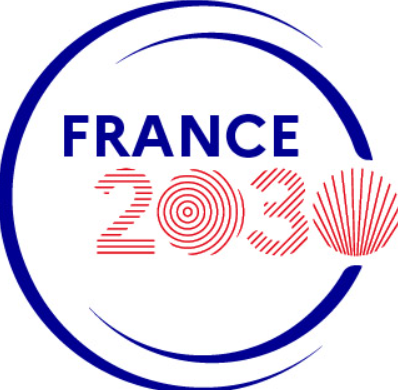Tine Destrooper
Tine Destrooper is the director of Justice Visions and a professor at the Faculty of Law and Criminology at Ghent University. Her research focuses on how those who experienced violence push for transitional justice in the aftermath of large scale violence. She currently carries out two ERC-funded research projects, one on the role of documentation in transitional justice and another on the role of human centered AI in struggles for colonial redress. She is also the coordinator of a cross-institutional project on future-proofing human rights accountability, and oversees various smaller research projects regarding transitional justice process in aparadigmatic contexts.
Previously she was a Fulbright Fellow at Columbia University (2023) and a fellow at the Wissenschaftskolleg Berlin (2016). She was also the director of the Center for Human Rights and Global Justice at New York University’s School of Law (2015) and of the Flemish Peace Institute (2017-2019).
Tine Destrooper joins the Paris IAS in September-October 2025 as part of the "Distinguished Fellowship program" developed in collaboration with PostGenAI@Paris, led by Sorbonne University. Based in the heart of Paris, this interdisciplinary and cross-sector consortium aims to promote ethical, inclusive and sovereign AI that is fully rooted in the major challenges of our time.
The Paris IAS welcomes international researchers to support them in their research on artificial intelligence, its consequences for our societies and the prospects it offers for the future.
Research topics
Human Rights; Transitional Justice; historical injustices; legacies of violence; mobilization and social movements.
Leveraging the power of AI within the framework of critical TJ scholarship
In the past two decades, critical voices have come to dominate scholarly debates over transitional justice. These voices have contributed to a number of important turns within the field: an actor-oriented turn, a local turn, a decolonial turn, a transformative turn, etc. Each of these turns has made invaluable contributions to the field, making the debate – and arguably the practice – more victim-oriented, context-sensitive, concerned with root causes of conflict, and self-reflective.
From within each of these normative orientations concerns can be articulated about the emergence of artificial intelligence (AI) and about its nexus with transitional justice. This nexus lies both in the use of AI as a research tool within the field of transitional justice, as well as in the emergence of AI as a practical tool for planning interventions. There is a booming literature on the risks and challenges of AI for transitional justice, for example related to biases, risks of undoing the actor-oriented trend, overlooking contextual knowledge and insights, or replicating colonial hierarchies.
Yet, as a recent report by Impunity Watch (2025) shows, there is also great – and mostly untapped potential – in terms of how AI and notably machine learning methods may be used to facilitate analyses that were hitherto impossible.
The project is rooted in critical transitional justice studies and considers which conditions need to be met for integrating ML-methods in empirical transitional justice scholarships, notably to use these methods in ways that aligns with transitional justice’s normative orientations of more just and inclusive societies.
Based on a test case that uses existing databases, it explores challenges as well as opportunities within and beyond transitional justice and human rights research.
Key publications
Tine Destrooper, Line Engbo Gissel, Kerstin Bree Carlson (eds). Transitional Justice in Aparadigmatic Contexts. Accountability, Recognition, and Disruption, Londres, New York, Routledge, 2023.
Tine Destrooper. "Remembering Martial Law. An eco-system of truth initiatives and the emergence of narrative documentation in the Philippines", International Journal of Transitional Justice 17 (3):370-387, 2023.
Brigitte Herremans, Tine Destrooper. "Moving beyond formal truth practices and forensic truth in the Syrian conflict. How informal truth practices contribute to thicker understandings of truth", Social & Legal Studies, 32 (4):519-539, 2022.
|
Online conference by Tine Destrooper (Ghent University, Belgium) and by Jef de Slegte (Vrije Universiteit Brussels, Belgium) fellows for PostGenAI@Paris programme as part of the "Paris IAS Ideas" series |
|
|
|
|




